European Council welcomes 8 more countries into fold despite challenges
European Council President Charles Michel said on Monday that he wants the European Union to be ready for enlargement by 2030, words that aim to ease the frustration of EU candidate members but were immediately challenged by the bloc's experts.
Speaking at the Bled Strategic Forum in Slovenia, whose attendees also include leaders of most EU candidate members, Michel said "enlargement is no longer a dream" and "it is time to move forward".
Eight countries have been granted EU candidate status, namely Turkiye, North Macedonia, Montenegro, Serbia, Albania, Moldova, Ukraine, and Bosnia and Herzegovina, with the last three being granted last year.
"There is still a lot of work to do," Michel said. "It will be difficult and sometimes painful, for the future member states and for the EU.
"I believe we must be ready — on both sides — by 2030 to enlarge."
The former Belgian prime minister called the target "ambitious, but necessary".
"It shows that we are serious. It will build momentum. It will give a transformative boost to reforms and it will generate interest, investments and better understanding, and encourage us all to work together," he said.
The enlargement will remain a "merit-based process", Michel said, citing the criteria relating to rule of law, judicial independence, economic reforms and aligning with the EU's foreign policy.
He also touched on the EU's controversial unanimous decision-making process that some argue have made the bloc less efficient and less effective.
"Completely scrapping unanimity could be throwing the baby out with the bath water," he said.
Slovenia's Prime Minister Robert Golob told the forum that EU preparations for accession "must happen in the next 12 months or they will not happen for a very long time", words that reflect the frustration of the slow enlargement process.
France's President Emmanuel Macron said on Monday that the EU needs to reform if it wants to admit new members.
"The risk is to think we can enlarge without reform, I can testify that it is hard enough for Europe to advance on sensitive topics with 27 members. With 32 or 35 members, it won't be any easier," he told the annual meeting of French ambassadors in Paris.
"We will need audacity, to accept more integration in some areas and maybe even a multispeed Europe," he said, without specifying what he meant by "multispeed" Europe.
Intense discussion
Carl Bildt, former Swedish prime minister and now co-chair of the European Council on Foreign Relations, or ECFR, said the discussion on EU enlargement is heating up, and now Michel says that both applicants and the EU should be ready for enlargement by 2030.
"I'm not entirely certain what he means by that, and I'm not entirely certain he knows himself," Bildt said in a post on X, formerly Twitter.
Piotr Buras and Engjellushe Morina, senior fellows at the ECFR, noted in a paper last month that "supporters of enlargement should be under no illusion" despite the increased support.
"Skepticism and concerns about the prospects for an enlarged union are still widespread, and these powerful currents will inevitably resurface," they wrote, citing the recent grain dispute when Poland, regarded as Ukraine's strong supporter, sought to prevent the entry of Ukrainian agricultural products into the single market.
Philip Pilkington, an Irish economist, questioned the readiness of two new candidate members of Ukraine and Moldova.
He said that problems arise on the reconstruction of Ukraine, which the World Bank currently estimates at $411 billion, but the EU's total regional development budget last year was only $32.6 billion.








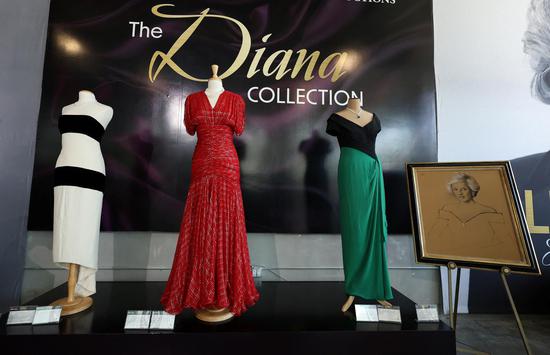




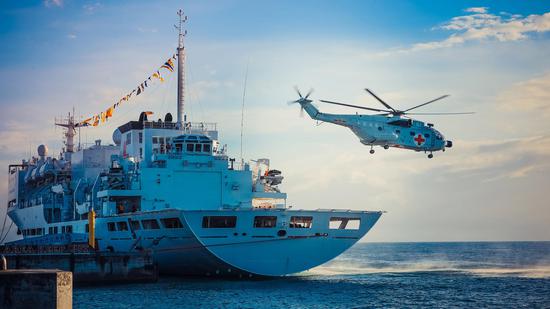

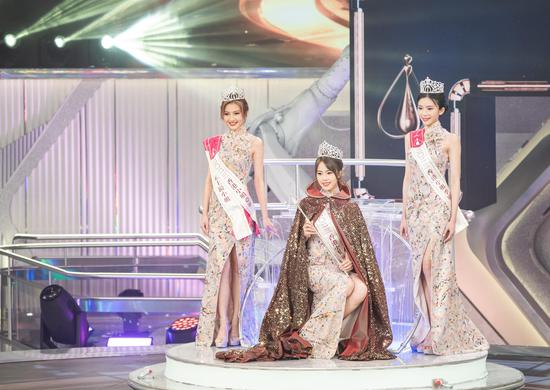
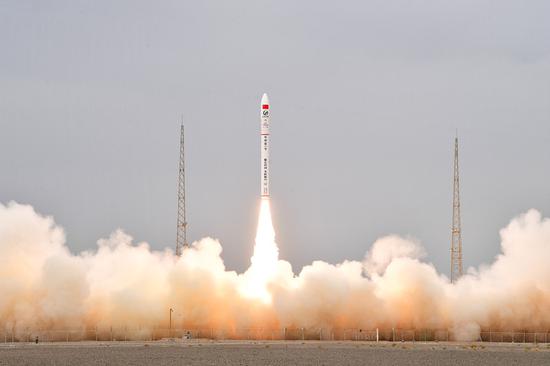


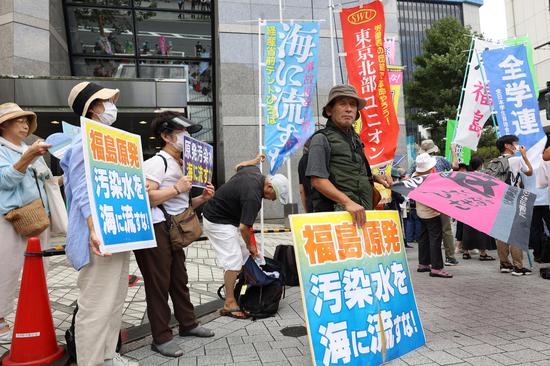

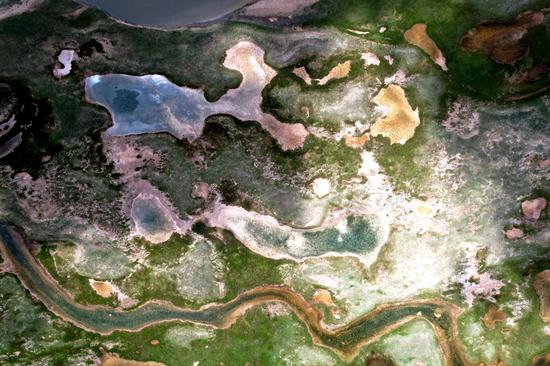
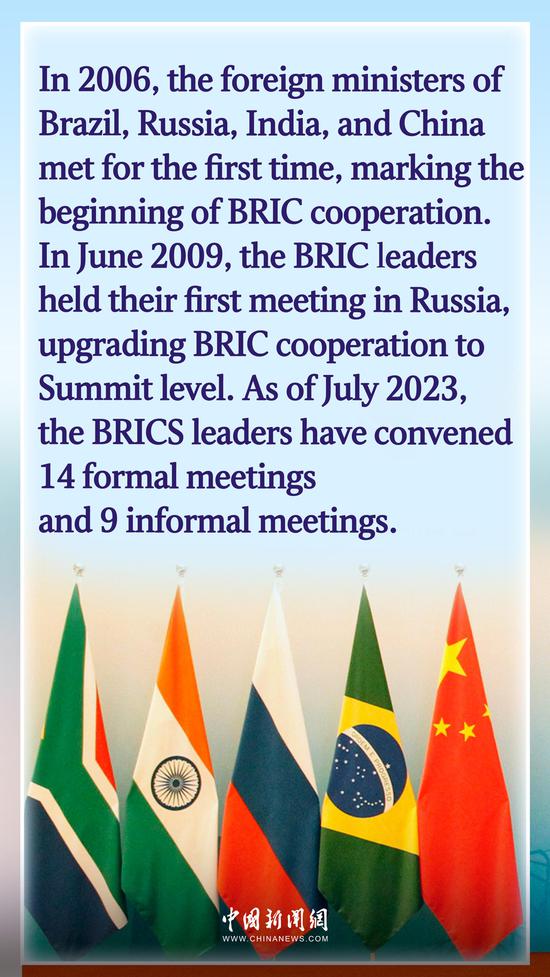
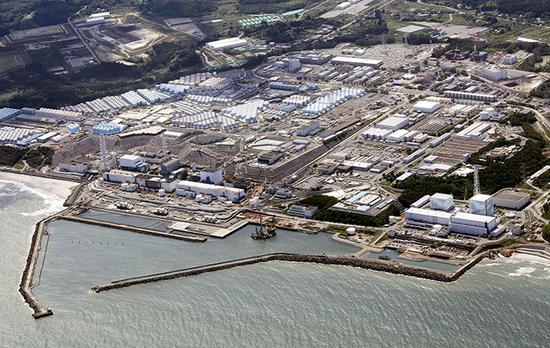
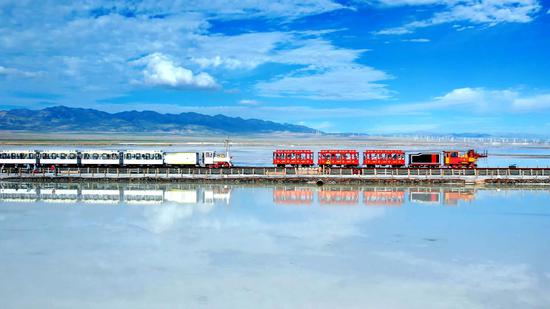
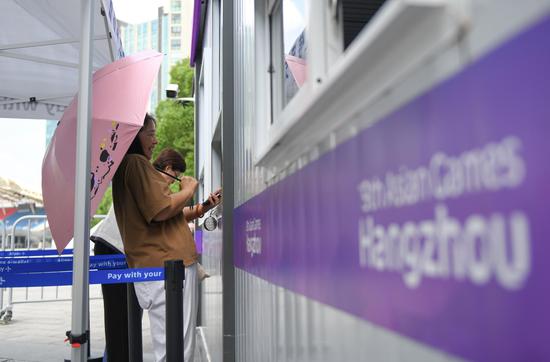
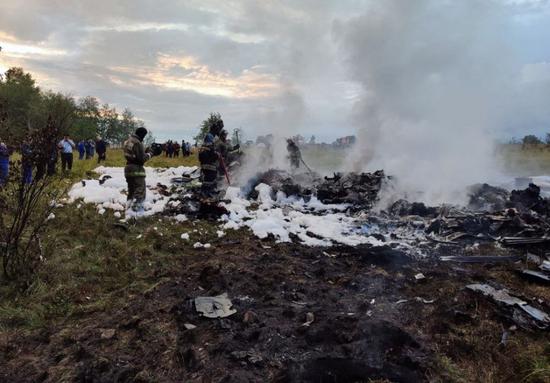
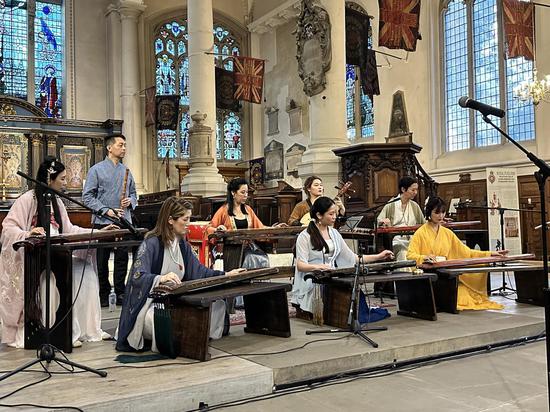

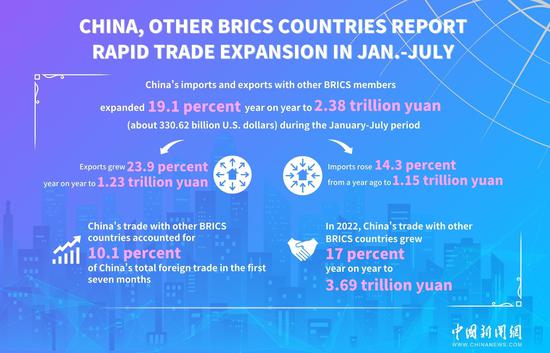
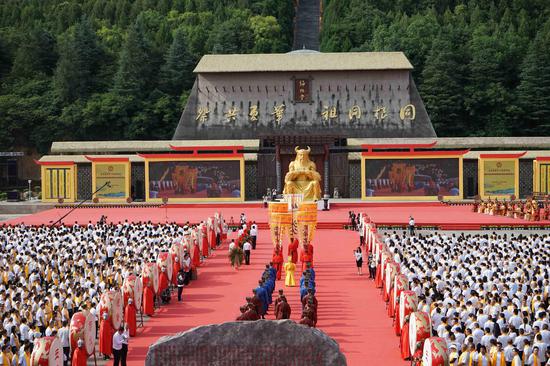


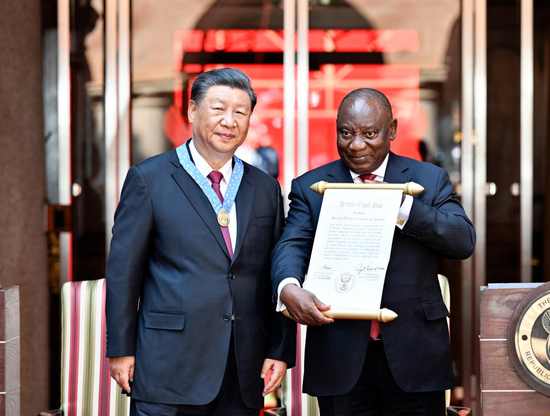
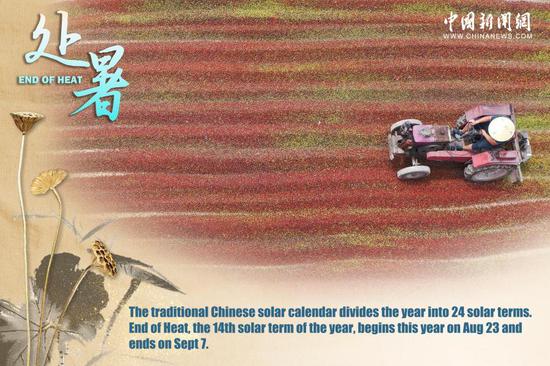




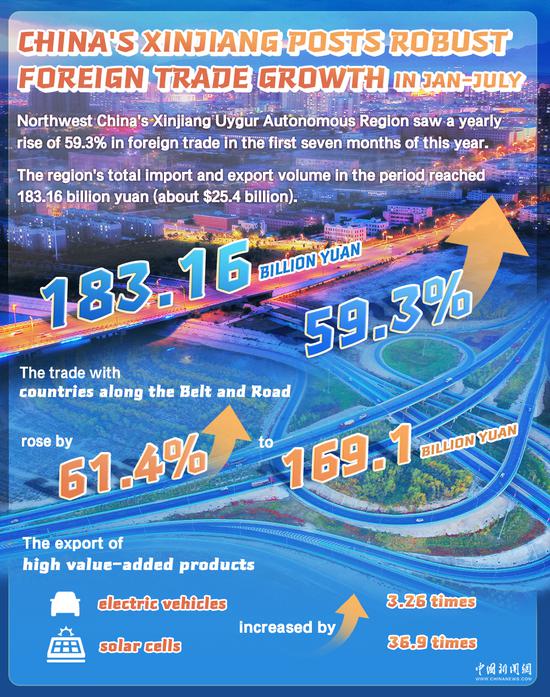
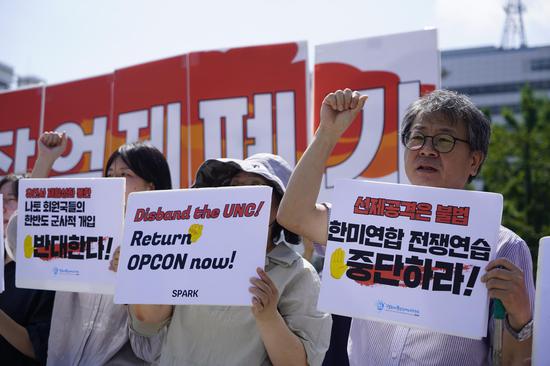

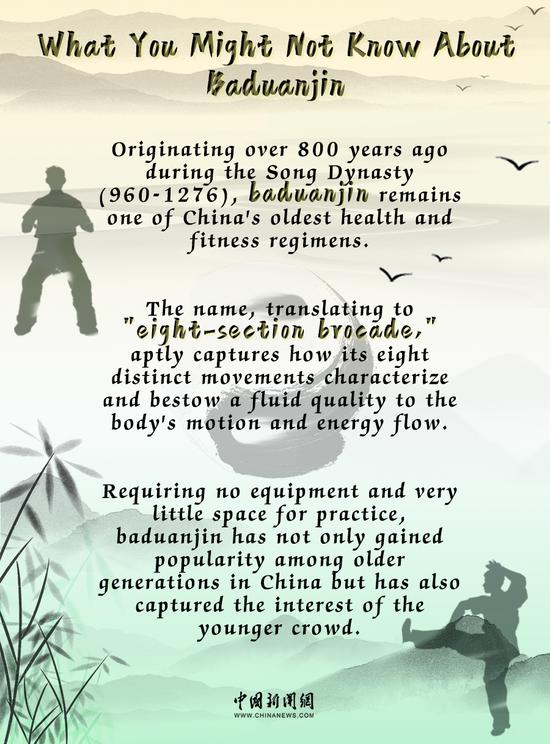
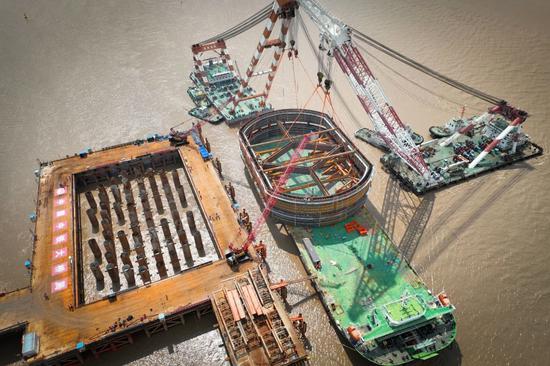
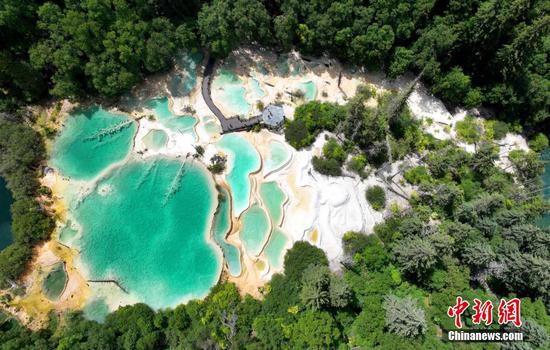





 京公网安备 11010202009201号
京公网安备 11010202009201号